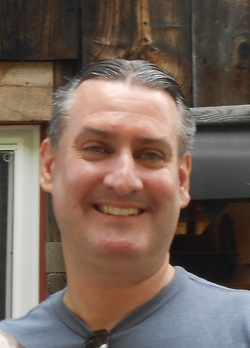
Haiku on war have a long history. This presentation will examine haiku from various regional and global conflicts over the last hundred years. Broadly, haiku on war can be divided into two categories: haiku on the generalities of war, and poems on a specific war—often with a moral point to make. Haiku on the generalities of war are often more literary. Of these, Miller plans to look at various themes inherent in the poems, such as: the inhumanity of mankind, indifference of war, loss of innocence, mankind vs. the war machine, human cost, etc…
Haiku on particular conflicts can be more problematic because they bring into play the larger question of right and wrong. Here he will look at poems written by participants engaged in warfare and those written by commentators. Each group raises questions of morality—the morality of the conflict itself as well as the morality of writing about it—and the second group raises questions of authenticity. For these poems he will create a definition of authenticity and through it show how many poems are perceived. Lastly, Miller will look at how the writing of war haiku in the west has in some cases whitewashed history by focusing on certain events (A-bomb anniversary) over others (Pearl Harbor, Bataan, Manchuria). Through this presentation he wants to go beyond the simple “war is bad” mentality by taking an honest look at what war haiku are trying to accomplish, how they are perceived by readers, and how they can succeed or fail.
Paul Miller is the in-coming editor for Modern Haiku. He serves on the board of the Haiku Society of America, Haiku Poets of Northern California, and Haiku North America. Writing as “paul m.” his haiku have been widely published. His latest collection, few days north days few (2011), was awarded a Touchstone Award by the Haiku Foundation. Previous collections, finding the way (2002) and called home (2006) were winners of Haiku Society of America Merit Book awards.
 RSS Feed
RSS Feed
